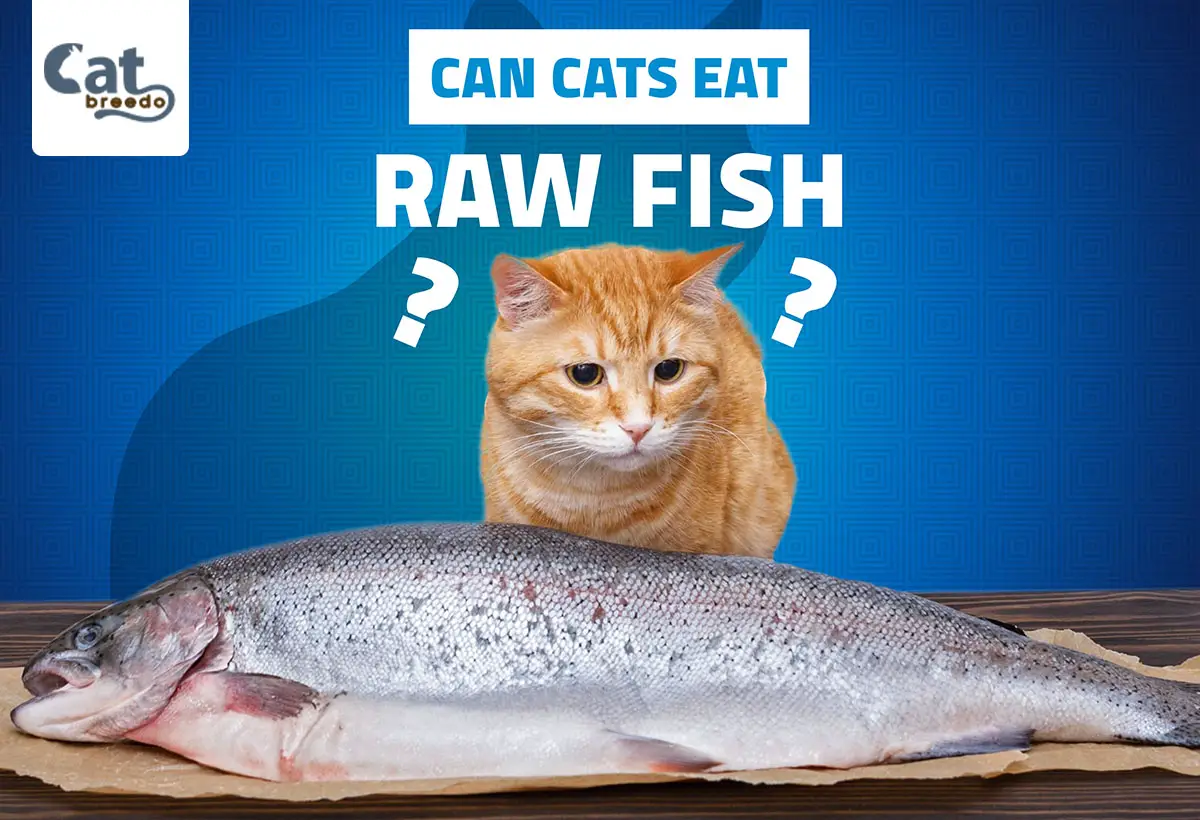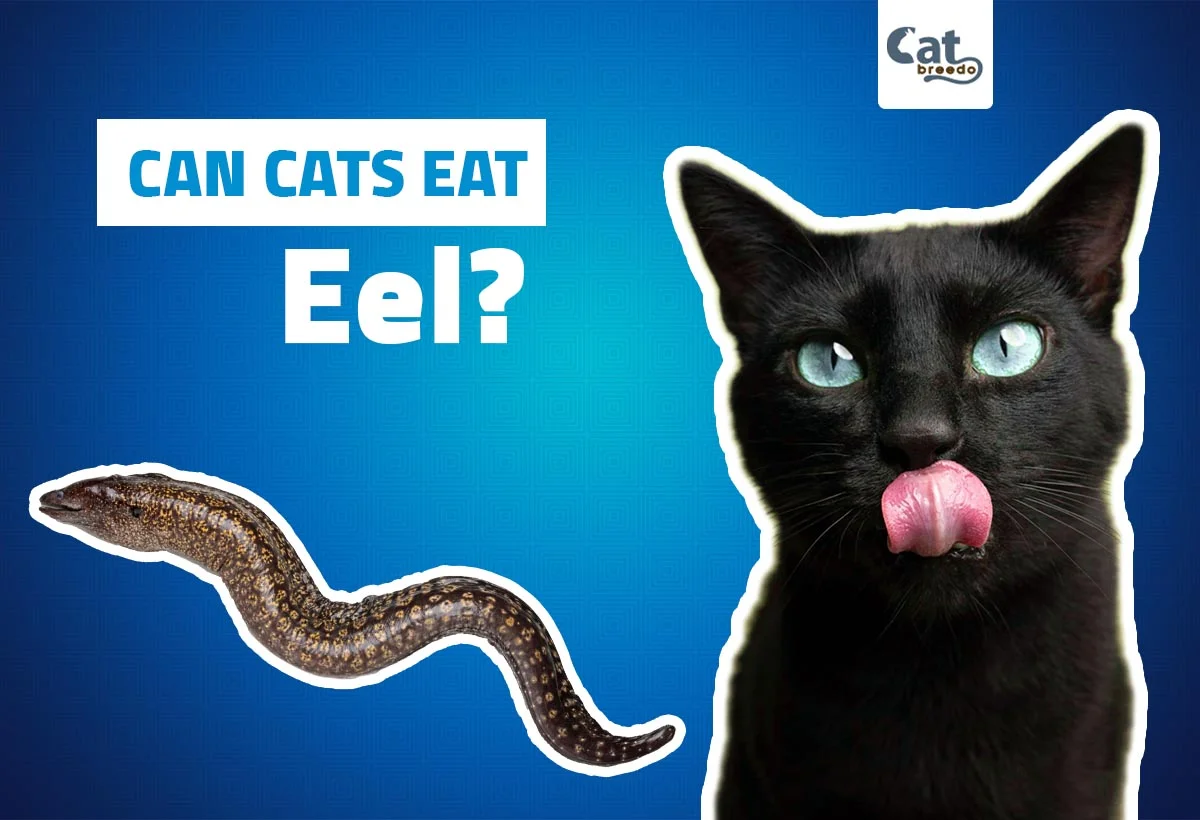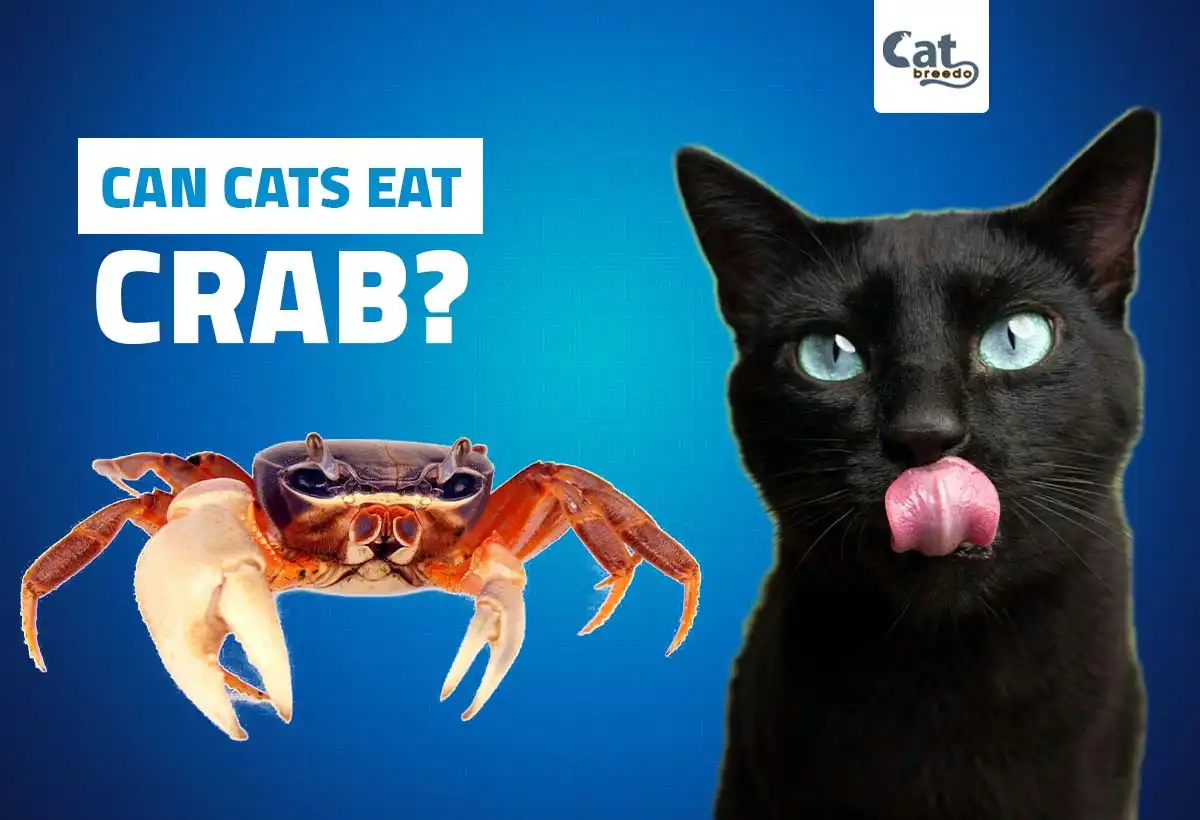While biting into a juicy nectarine on a hot summer day or devouring a scrumptious nectarine pie, you might question yourself; can cats eat nectarines? To make it simple, yes, cats can eat nectarines only when given correctly.

Can Cats Eat Nectarines?
Nectarines, also scientifically known as Prunus persica var. nucipersica, are a genetic variant of peaches and are almost identical to them. You can also find these two fruits growing on the same tree. The distinguishable feature of nectarines lies in the absence of fuzzy trichomes and their firmer texture.
Nectarines are loaded with health-benefiting nutrients that can aid your cat’s metabolism. However, it is suitable when fed as snacks infrequently rather than as a staple diet replacement. Overfeeding or feeding the pit and skin can lead to serious adverse health effects in cats.
Are Nectarines Good For Cats?
Nectarines in the right amount and form are good for cats to consume. However, as cats are obligate carnivores, their diet mainly consists of protein-rich meat, and you should not replace it with fruits and vegetables.
You can feed your cat slices of peeled nectarine occasionally in small portions. This fruit contains essential nutrients that can enhance your cat’s overall health and is low in sugar, making it a healthy alternative to high-calorie treats. Some nutritional components include:
Protein
Nectarines contain small amounts of protein that can maintain your cat’s body’s reserves. It can provide them with some energy and prevent the depletion of protein stores. Protein is necessary for cats to stay energetic, regulate blood glucose levels, and maintain muscle functioning.
Fiber
Nectarines contain a good amount of fiber that can improve your cat’s digestive system and help them pass stool easily. Consumption of fiber also prevents the risk of hairball lodging in their stomachs. Moreover, a small portion of nectarines can also provide enough fiber to maintain your cat’s body weight.
Niacin
Niacin or vitamin B3 is an essential nutrient that cats can obtain only through diet, and it helps maintain their health and metabolism. Niacin is transformed into NAD and NADP for utilization in different maintenance processes. It metabolizes carbohydrates, ketone bodies, and amino acids and synthesizes lipids and cholesterol.
Further beneficial features include enhancing your cat’s skin and fur coat and preserving bone, joint, and nerve health. Moreover, this vitamin helps protect the mucous membranes and improves the functioning of the gastrointestinal tract.
Find more here can cats eat mulberries
Vitamin C
Nectarines are also high in vitamin C, an excellent antioxidant that helps in neutralizing free radicals. It also maintains the health of a cat’s joints, teeth, and gums and makes its immune system robust. An adequate vitamin C intake can ensure proper growth and development in cats and kittens.
Vitamin A
The amount of vitamin A in nectarines helps improve night vision in cats. It also serves as an excellent antioxidant for preventing diseases while enhancing immune health. Moreover, feeding vitamin A to cats nourishes their skin and fur coat.
Vitamin E
Nectarines contain vitamin E, a potent antioxidant. It helps clear out the effects of pollution and protects cells from the risk of oxidative damage, helping your cat achieve optimal health.
Potassium
The potassium level in nectarine can enhance and regulate several bodily functions of your cat. It is an essential electrolyte that ensures the proper functioning of the heart, muscle contraction, and generation and conduction of nerve impulses.
Magnesium
Feeding your cat nectarines can provide them with the essential mineral magnesium. The intake of magnesium in suitable amounts improves the metabolism of cats. This mineral helps regulate hormone secretion and enzyme function and maintain teeth and bones.
What Happens If A Cat Eats Nectarines?
As nectarines are safe for cats to consume, nothing happens to their health when given in the correct form and quantity. A small portion of peeled nectarine slices can provide optimal health benefits. Although nectarine skin is fuzzless and does not irritate the throat, it can cause stomach upset. Moreover, if your cat accidentally swallows a nectarine pit, it can lead to choking or obstructing their bowel.
The leaves, stems, and pit of nectarines contain cyanide. However, the effects are only apparent when these components are fed in large amounts. In minor quantities, cyanide is metabolized into a by-product called thiocyanate, eliminated via feces and urine. Hence, no adverse effects are noticed in cats when appropriate quantities of nectarine slices are fed.
Can Kittens Eat Nectarines?
Similar to adult cats, kittens can also eat nectarines. It is safe for them to consume if given correctly. Nectarines are packed with essential nutrients like proteins, vitamins A, B3, C, E, potassium, and magnesium that can aid your kitten’s growth and metabolic processes.
Being low in sugar makes it a healthy snack for most kittens. The high fiber content also improves their gastrointestinal health and allows them to defecate easily.
If you opt for feeding your kitten nectarines, peel them, take the pit out, and cut them into small bite-sized slices to prevent a choking hazard. Avoid overfeeding as it can lead to stomach aches, resulting in yellow droppings. Moreover, to prevent the risk of cyanide poisoning, do not give your kitten the stems and leaves of nectarines.
FAQs
Is It Bad For Cats To Eat Nectarines?
In small portions, nectarines are not bad for cats, and when added to their diet as occasional treats or snacks, it benefits their overall health. Consuming this fruit can enhance their digestive, nervous, skeletal, and immune system, nourish the skin and fur coat, and prevent the risk of developing diseases.
However, ingesting the pit or overeating nectarines can lead to severe adverse effects that put them in danger if not treated on time.
How To Feed Nectarines To Cats?
The correct way to feed nectarines to your cat is to wash the fruit first to clean out any contaminations properly. Then get rid of the stem and leaves, peel the skin, and remove the pit. To ensure that your cat can chew and digest the nectarine, cut it into small slices and feed only a few as snacks or treats occasionally.
Furthermore, to prevent the risk of adverse effects from cyanide consumption, you can cook the nectarine before feeding it to your cat.
Can Cats Eat Nectarine Pits?
Cats cannot eat nectarine pits as they can get lodged into their windpipe, causing choking or obstructing their digestive tract, preventing bowel movement. Moreover, nectarine pits contain cyanide in them, which can cause toxicity.
The signs and symptoms of possible cyanide poisoning in cats include heavy panting, respiratory insufficiency, bright red gums, vomiting, stomach aches, and dilated pupils. Take your cat to a veterinarian immediately if it swallows a nectarine pit to prevent health complications.
Conclusion
Nectarines have a pleasant taste and offer various health-enhancing properties that can make your cat feel active and well. However, you need to feed it with care as some parts can cause adverse reactions. If you decide to feed your feline nectarines, consult with a veterinarian beforehand to rule out possible allergies and get guidance on portion size.




